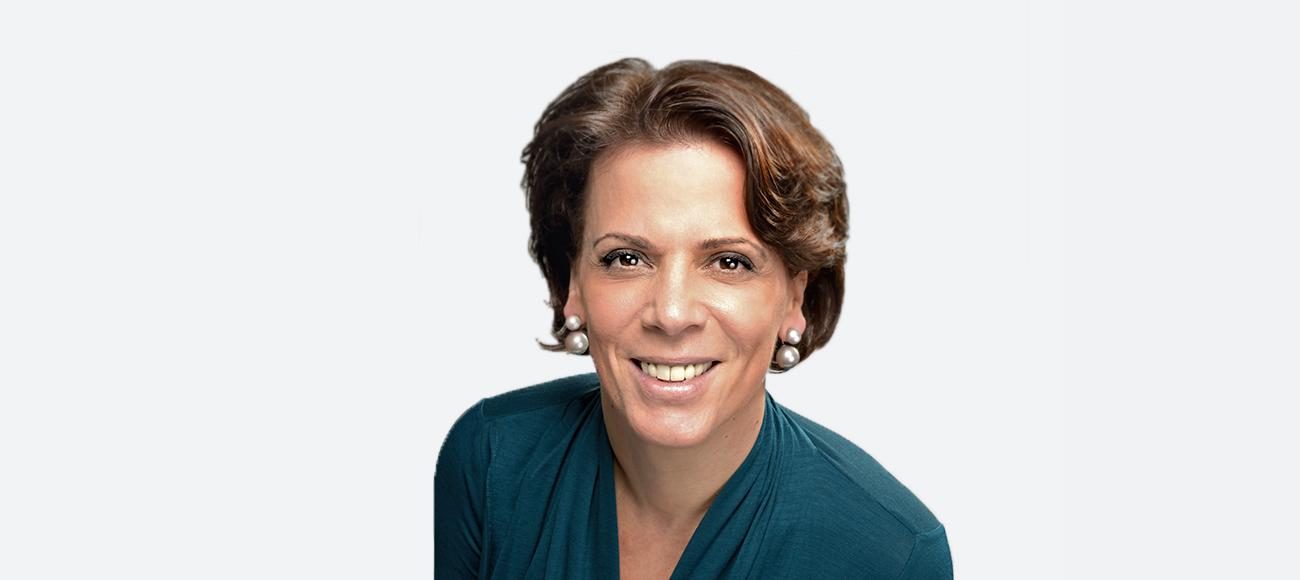"Corporate social responsibility: a strategic issue for L’Oréal"
Alexandra Palt
Chief Corporate Responsibility Officer and Senior Vice-President of the L’Oréal Foundation

L’Oréal’s strength lies in capturing the long-term shifts in the world of beauty and developing them all over the world. The same is true of its corporate social responsibility: while issues such as climate change, access to water and equitable development are becoming increasingly pressing, the Group has long had ambitious commitments and been involved in a continuous improvement process in this regard.
Until now, two models of corporate responsibility have existed side by side – one in which companies are primarily responsible for their impact, particularly on the environment; the other, a philanthropic model, which has been about engaging in social issues on the principle of “giving back to the community”. These two models now tend to work together and are intensifying as the expectations on businesses continue to grow. Businesses are now taking care of communities and committing to causes, while remaining vigilant about the social and environmental impacts of their economic model. And that, of course, is the choice we have made at L’Oréal. The Group’s approach in this respect is dual: ensuring its activities set a positive example and making a constructive contribution to society.
No one can boast about being ahead of the game in terms of sustainability, even though L’Oréal was quick to make the commitments that have earned it its reputation as a key player and even an opinion leader: in 2018, L’Oréal was recognised by CDP , for the third year in a row, as one of 6,800 businesses to receive an “A” score in each of the areas evaluated by this renowned institution: reducing carbon emissions, managing water consumption in a sustainable way and protecting forests in its supply chain. The score recognises the continuous progress and ambitious commitments made by the L’Oréal group, which aim to use its leadership of the beauty market to support sustainable development.
Coalitions with stakeholders
L’Oréal is also convinced that collective action is essential to accelerate the transformation towards a sustainable model. The Group and its stakeholders are taking part in increasingly effective coalitions.
It has, for example, worked with private firms such as Suez on producing more sustainable plastics, and with Carbios, a pioneer in bioplastics processing, to optimise the recycling of plastic packaging.
As a key player in driving change alongside institutions, governments and citizens, L’Oréal is involved in identifying sustainable solutions for the future through its partnerships and the commitments it makes. The Group contributes to 14 of the United Nations Sustainable Development Goals, in areas ranging from fighting poverty to gender equality and sustainable consumption to promoting measures to combat climate change.
Actions for the climate
L’Oréal is redoubling its efforts on the particularly pressing issue of the climate: the Group was invited to outline its commitments at the Global Climate Action Summit in San Francisco in September 2018, which brought together some of the leading global players in civil society: major cities, NGOs , large companies and associations. Through the Women4Climate initiative, led by C40 Cities, an international network of big cities with a commitment to the climate, L’Oréal is supporting young women who are developing climate adaptation projects.
And with its new Science Based Targets initiative to combat climate change, L’Oréal has also set new goals for the future. By 2025, for example, all L’Oréal’s industrial, administrative and research sites should be carbon neutral and the Group has undertaken to reduce its greenhouse gas emissions by 25% in absolute terms by 2030 (compared with 2016), by aligning its commitments with the two degrees trajectory needed for the planet.
L’Oréal: working for change
Although there is still a long way to go and the Group is constantly looking for ways of improving, L’Oréal has already – thanks to its initiatives and the positions it has taken – managed to establish its position as an opinion leader and driver of change in a number of areas in the beauty industry. The Research & Innovation and Operations teams, for example, have developed a formula and packaging design tool called SPOT , which can be used to measure the environmental and social performance of the Group’s products and for the first time, incorporates both social and environmental indicators. Implemented throughout the Group, it will help L’Oréal provide better information to consumers by 2020 and encourage them to make more sustainable and informed consumption choices.
Two years away from the end of its “Sharing Beauty With All” programme in 2020, L’Oréal is fully committed to its corporate social responsibility strategy and will not stop there, with discussions on new objectives already underway.




